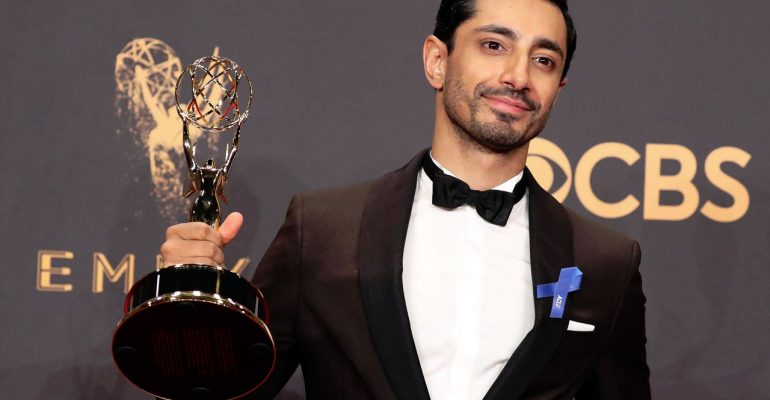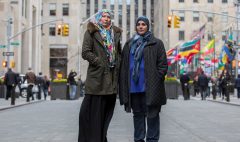Just 10% of popular movies had a Muslim character
June 11, 2021 2023-06-08 15:43Just 10% of popular movies had a Muslim character

Just 10% of popular movies had a Muslim character
Muslims are very rarely depicted in movies, and when they are, it’s usually as a stereotypical terrorist, what Oscar nominated actor Riz Ahmed calls a “dangerous trope.” Having spoken out about this issue for several years, he’s been looking for hard data. Now’s he got it. This week, The University of Southern California’s Annenberg Inclusion Initiative came out with the report he asked for. It’s titled Missing and Maligned: The Reality of Muslims in Popular Global Movies.
USC’s researchers combed through 200 popular films from the U.S., the U.K., Australia and New Zealand from 2017 to 2019. They found that only six of them had a Muslim in a co-leading role, and only one of those was female. Of the nearly 9,000 speaking parts, fewer than two percent were Muslim. And there none in animated movies.
“Being confronted with the hard stats themselves was in a way shocking to see how bad it was,” Ahmed told NPR. “Just the extent of Muslim erasure, the extent in particular of erasure of Black Muslims, and Muslim women, it was really shocking.” The report pointed to several examples, including the film Hotel Mumbai, which featured Muslims as terrorists. Movies such as Aladdin depicted Muslim characters only in the past. Other films portrayed Muslims as outsiders or subservient to white characters. In 2017’s Wonder Woman, the character Sameer had to play up a stereotype. He later complains about his limited opportunities. “Not everyone gets to be what they want to be all the time,” he says to the superhero. “Me? I am an actor. I love acting.”
Ahmed and the Inclusion Initiative also worked on the study with The Pillars Fund, a foundation for Muslims in the U.S. The group’s cofounder and president, Kashif Shaikh says that while the Muslim community is racially and ethnically diverse, it’s rarely shown that way in movies. He said Hollywood has created and reinforced dangerous portrayals.
Source: National Public Radio








